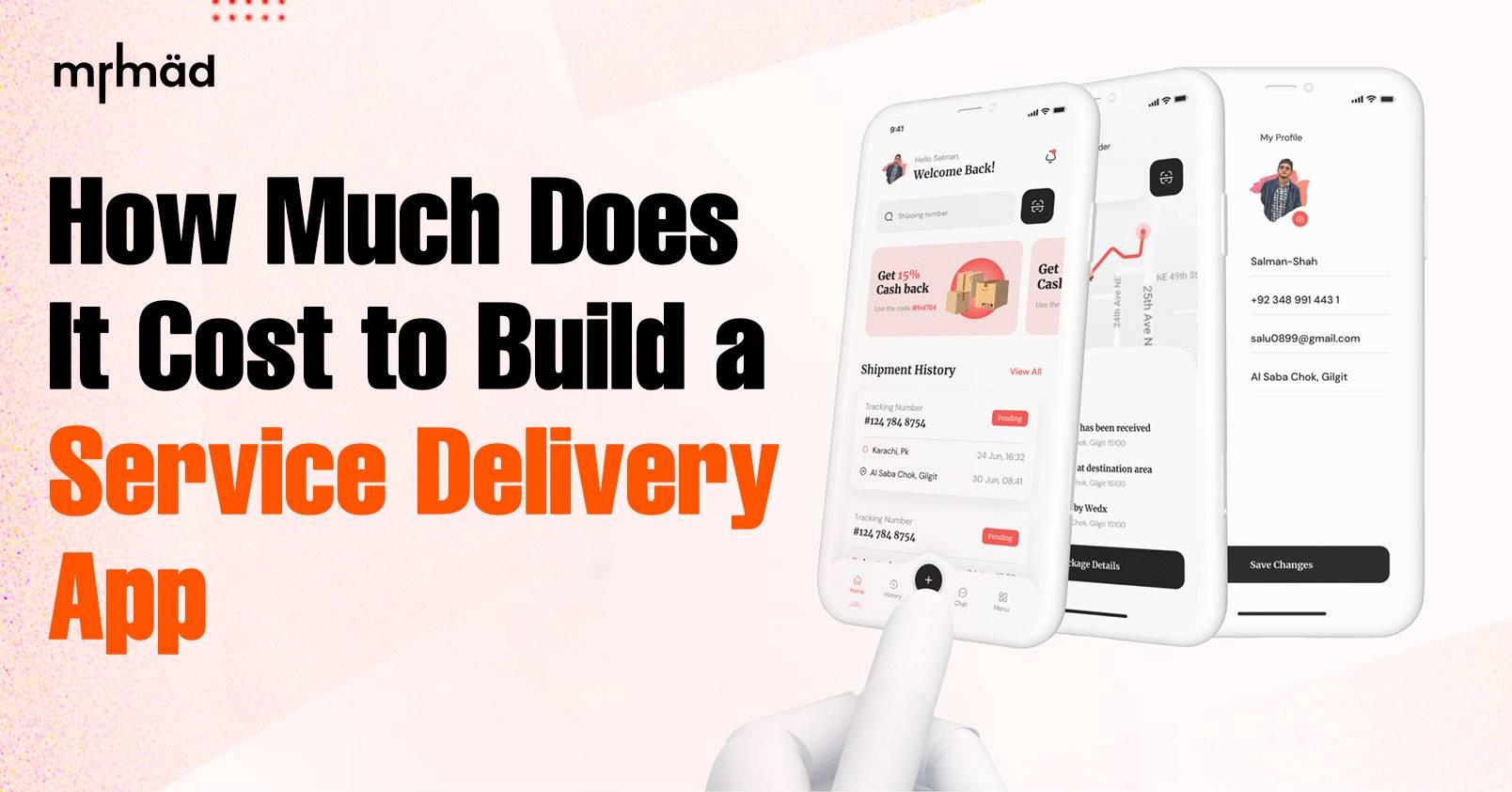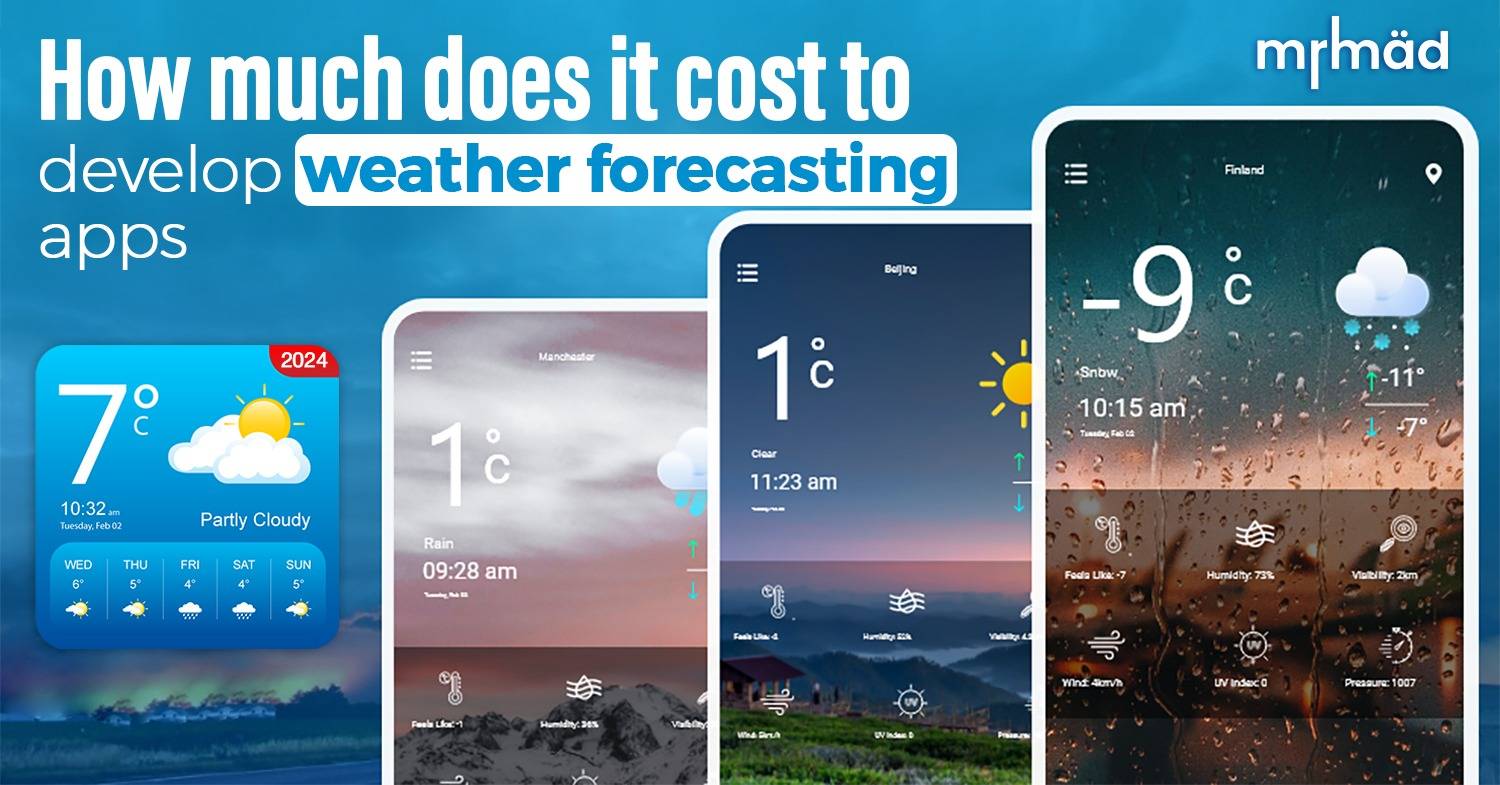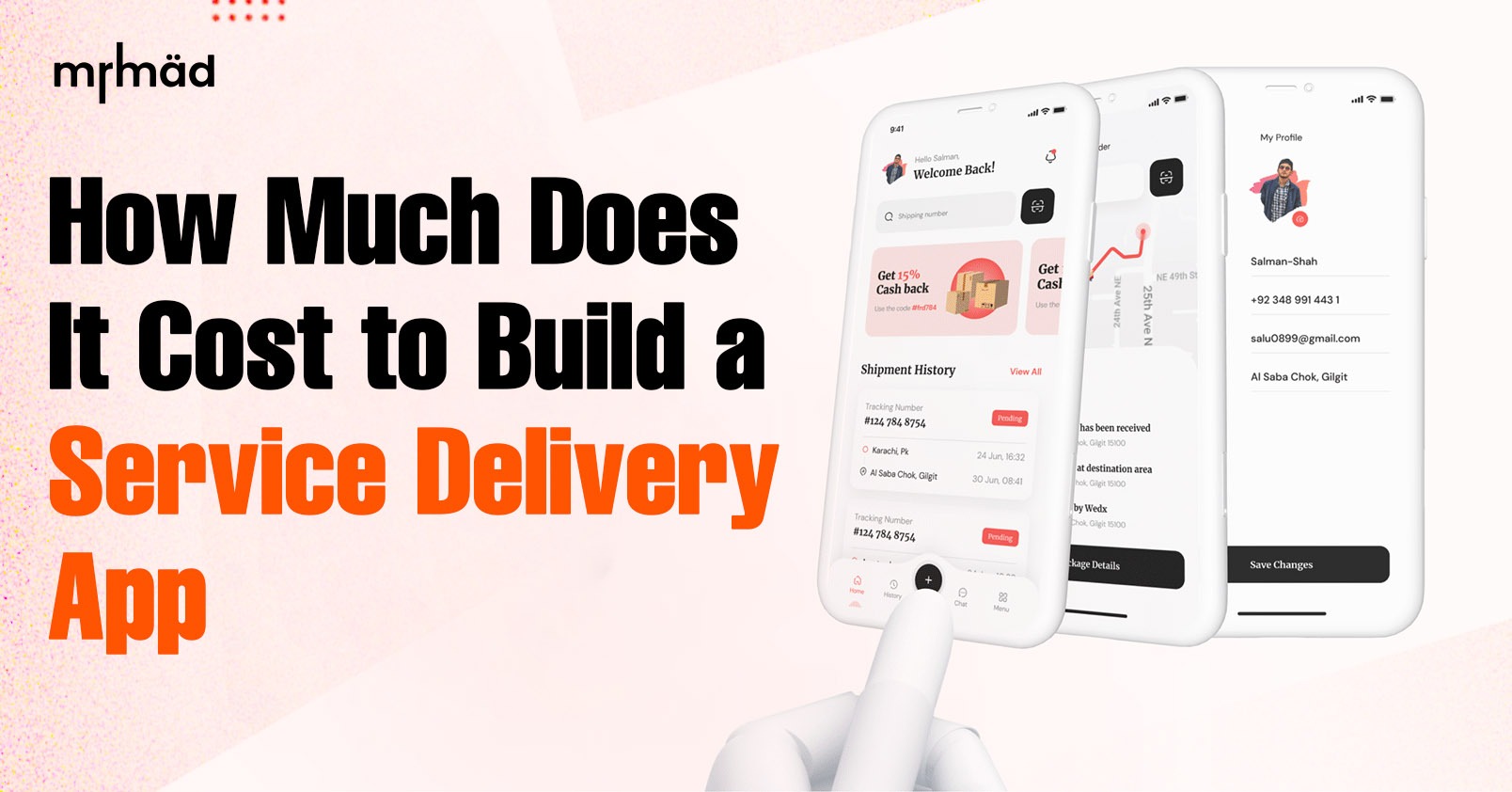Improved Efficiency: Parking management systems streamline parking operations by automating entry and exit procedures. This leads to smoother traffic flow and reduces congestion in and around the parking area.
Enhanced User Experience: Users can enjoy a more convenient and stress-free parking experience with features like real-time space availability information, contactless payments, and reservations.
Increased Revenue: Parking management systems offer various monetization opportunities, such as entry fees, reservations, and premium services. They help parking facility owners maximize their revenue and profitability.
Security: These systems often incorporate advanced security features, including surveillance cameras, access control, and alarms, reducing the risk of theft, vandalism, and unauthorized access.
Data-Driven Decisions: Parking management systems collect valuable data on parking usage, peak hours, and user behavior. This data can inform strategic decisions and optimize operations.
Sustainability: Businesses can implement eco-friendly practices, such as optimizing parking space usage, reducing emissions from idling vehicles, and offering electric vehicle charging stations.
User Insights: The data collected by the system can provide insights into user preferences and behaviors, allowing businesses to tailor their services and marketing efforts.
Integration Capabilities: Parking management systems can integrate with other systems, such as access control and building management, to create a unified and efficient environment.
Compliance and Regulation: Parking management systems can help businesses adhere to parking regulations and enforce parking rules effectively.
Space Optimization: The system can help maximize the use of available parking spaces, reducing the need for additional parking construction and saving costs.
Reduced Operating Costs: Automated systems require less manual labor for ticketing and monitoring, leading to reduced labor costs.
Customization: Businesses can tailor the system to their specific needs and branding, creating a unique and customer-friendly parking experience.
Overall, a parking management system can significantly enhance the overall experience for customers, increase revenue, and optimize the use of parking facilities. It’s particularly valuable in commercial areas, malls, airports, and any location where parking space is limited and efficient parking management is essential.







